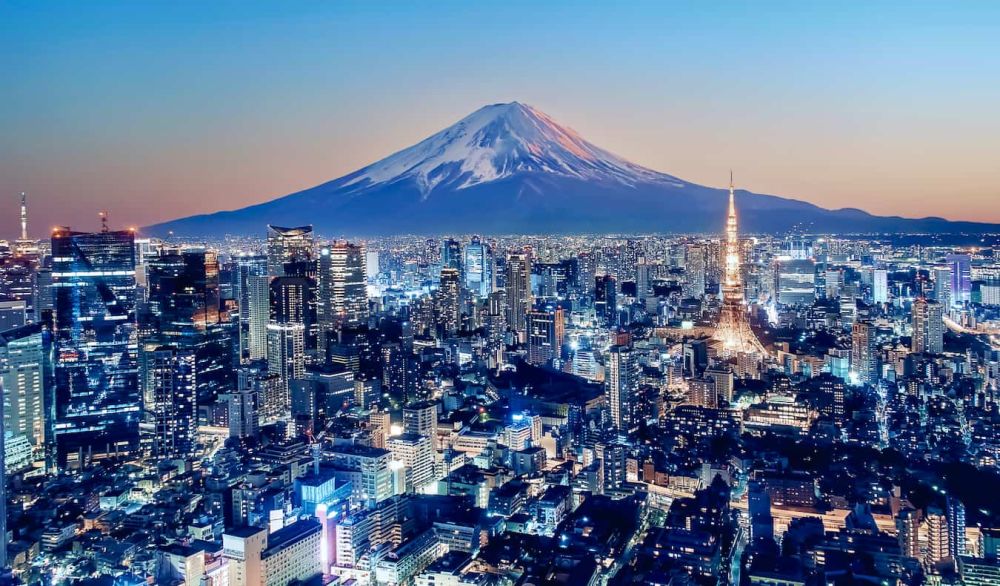

The history of tourism in Tokyo can be traced back to the Edo period (1603-1868), when the city, then known as Edo, served as the political and cultural heart of Japan. While Japan maintained a policy of sakoku (closed country) during this period, limiting foreign influence and travel, the city still attracted a number of domestic travelers, particularly samurai and merchants.
With the Meiji Restoration in 1868 and the subsequent modernization of Japan, Edo was renamed Tokyo, meaning "Eastern Capital," and it opened up to international visitors. This period marked the beginning of Tokyo's transformation into a major tourist destination.
In the early 20th century, tourism to Tokyo began to grow more significantly, especially after the completion of significant infrastructural developments such as train lines and the iconic Tokyo Station. The city's blend of traditional culture and rapid modernization became a unique draw for visitors.
Post-World War II, Tokyo underwent a massive rebuild, leading up to the 1964 Summer Olympics, which placed Tokyo on the global stage and significantly boosted its international appeal. The city's infrastructure, including transportation and hotel accommodations, expanded and improved, further facilitating tourism growth.
The 1980s and 1990s saw a boom in Japan's economy and with it came a surge in business travel. Luxury hotels and shopping districts flourished. Tokyo's pop culture, particularly in districts like Akihabara and Harajuku, began to attract a younger demographic of tourists.
More recently, Tokyo tourism trends have evolved with the times. Eco-tourism is on the rise, focusing on sustainable travel experiences. Tokyo has developed more green spaces and promotes eco-friendly initiatives, attracting environmentally conscious travelers.
Cultural tourism remains strong, with visitors flocking to historical sites like the Imperial Palace, Meiji Shrine, and Senso-ji Temple. However, there is a growing interest in experiential travel—tourists are seeking curated experiences, such as tea ceremonies, traditional crafts workshops, and local food tours.
The city has also seen a spike in what is known as pop-culture tourism, driven by the global popularity of anime and manga. Districts associated with these aspects of Japanese culture, such as Akihabara, Shibuya, and Shinjuku, are particularly popular.
Ahead of the 2020 Summer Olympics, which were rescheduled to 2021 due to the COVID-19 pandemic, Tokyo made extensive preparations that are set to benefit future travelers. This includes the development of new hotels, improved transportation networks, and the introduction of multilingual services to cater to a diverse international audience.
Despite the setbacks caused by the pandemic, Tokyo remains a resilient tourist destination, with potential trends leaning towards "touchless travel" involving more digital integration into travel experiences to minimize contact and ensure safety.
With its unique fusion of historical tradition and cutting-edge modernity, Tokyo continues to adapt and thrive as one of the world's most fascinating tourist destinations.